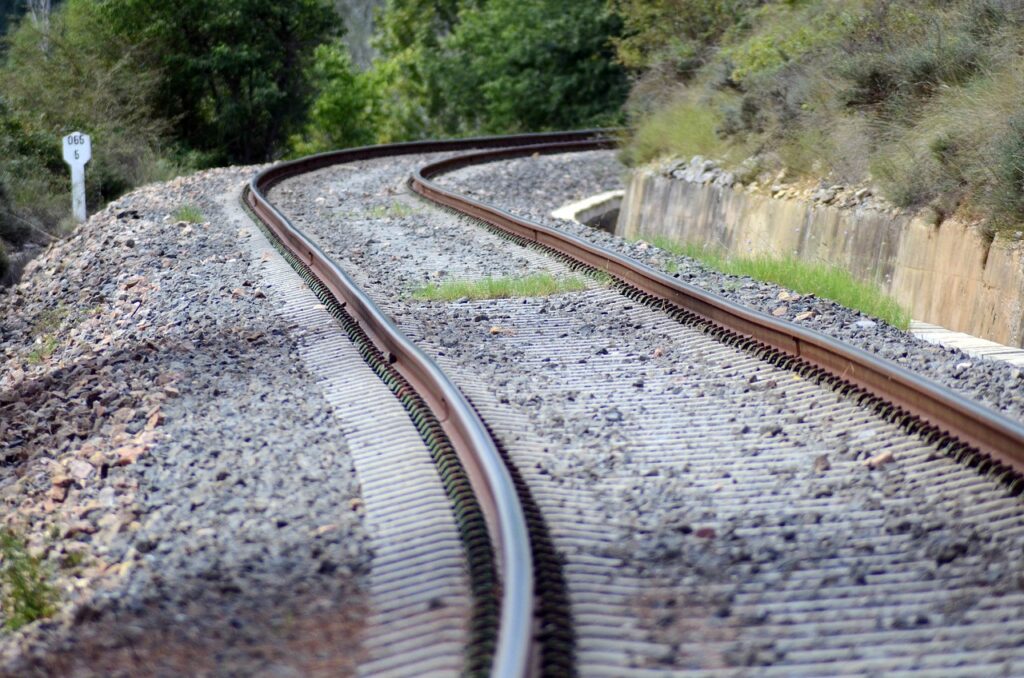In a surprising turn of events, no train manufacturers have submitted bids for the Dutch province of Groningen’s inaugural tender for four hydrogen-powered trains.
The ambitious project aimed to introduce eco-friendly rail travel on the non-electrified network connecting the port city of Delfzijl and the town of Veendam, with potential extensions into Leeuwarden.
The province’s endeavor to embrace hydrogen-powered trains was part of a broader strategy to reduce carbon emissions and modernize its rail infrastructure. The envisioned deployment was expected to cost approximately €66 million, covering the acquisition of four hydrogen-powered trains and the establishment of a refueling station. Financial support was anticipated from the national government (€15 million) and the European Investment Bank (€20 million).
Groningen’s move towards hydrogen-powered trains followed a successful trial of Alstom’s Coradia iLint train. However, the recent tender process faced unexpected challenges, leading to the absence of bids from manufacturers.
The financial burden associated with the tender, estimated at €66 million, might have deterred potential manufacturers from participating. The breakdown of costs, with €15 million from the national government and €20 million from the European Investment Bank, still left a substantial portion to be covered locally.
Hydrogen Insight sought clarification from Alstom, the manufacturer behind Groningen’s initial hydrogen train trial, on the potential cost per unit. Previous hydrogen train acquisitions in Germany from Alstom have ranged from €6 million to €18 million per unit. The precise cost for Groningen’s envisioned trains remains undisclosed.
Despite the setback in the tender process, Groningen’s provincial government has not abandoned its hydrogen train ambitions. Reports indicate that the province is exploring the possibility of renting hydrogen-powered train units, with plans to initiate such operations on its railways by 2027. This shift represents a delay in the original timeline, as the initial goal was to introduce fuel-cell trains by 2025, as outlined in the 2023 budget.
The decision to consider rental options might provide the province with a more financially feasible approach, allowing for a phased introduction of hydrogen-powered trains without the immediate burden of high upfront costs.
